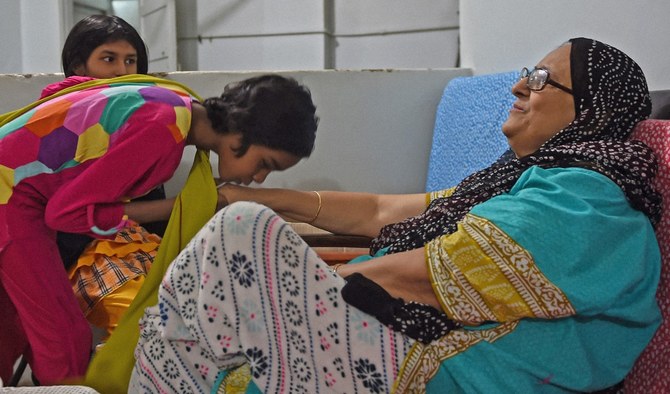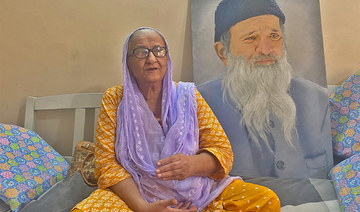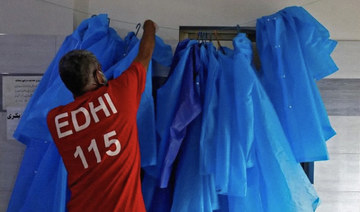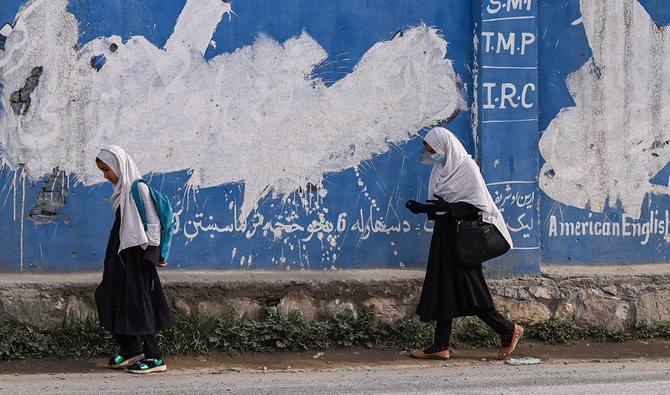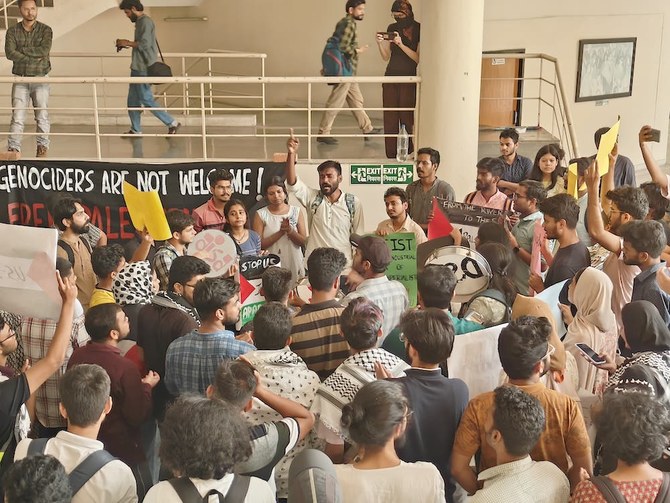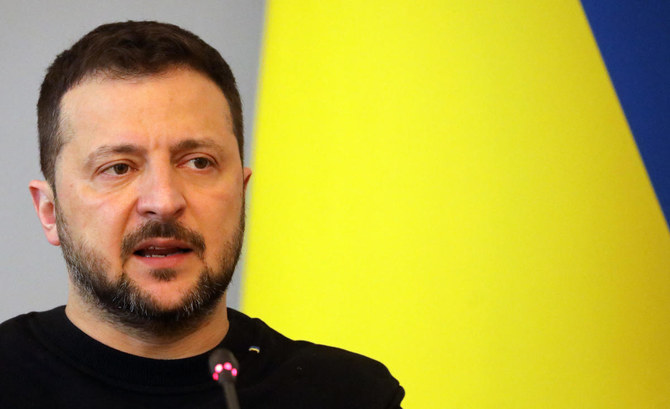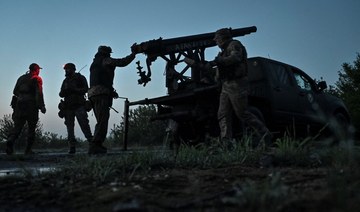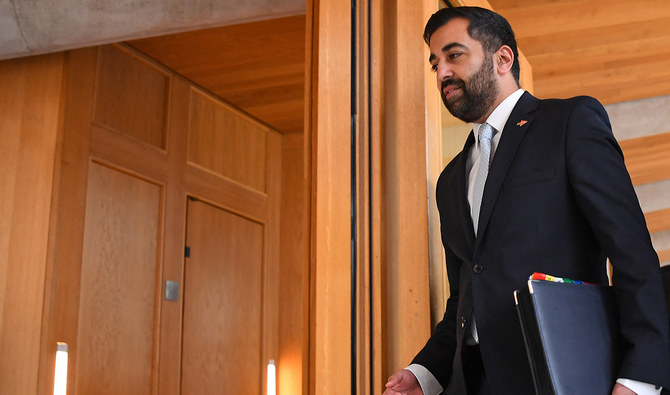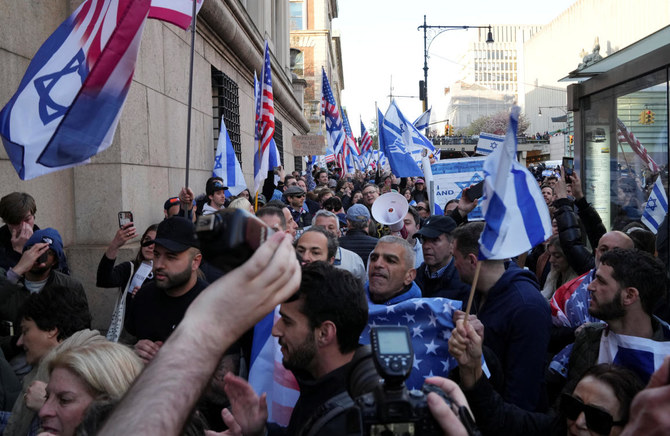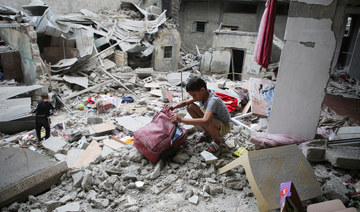KARACHI: When Bilquis Edhi passed away last week, she orphaned not only four of her own children, but also thousands of others she had taken into her care and changed their lives for the better.
Bilquis was 17 years old when in 1964 she joined a nursing home set up by the late Pakistani philanthropist Abdul Sattar Edhi, whose name became synonymous with charitable causes.
She married him at the age of 19 and helped run the charity that today operates nursing homes, orphanages, and Pakistan’s largest ambulance service. She died on April 15, six years after her husband.
Together the couple saved the lives of thousands of abandoned newborns by placing cradles outside Edhi centers and other parts of Karachi and Pakistan, where unwanted babies could be left anonymously in a safe place and taken care of by the Edhi Foundation, which would either raise them or find them new parents.
Many Edhi babies, as they call themselves, have become doctors, engineers, and scholars — some in Pakistan, others abroad, mainly in the US, the UK, and Ireland. Not all of them found adoptive parents, but the Edhi charity made sure each and every one had a childhood and received an education.
Rabia Bibi Osman, 28, was one of the children.
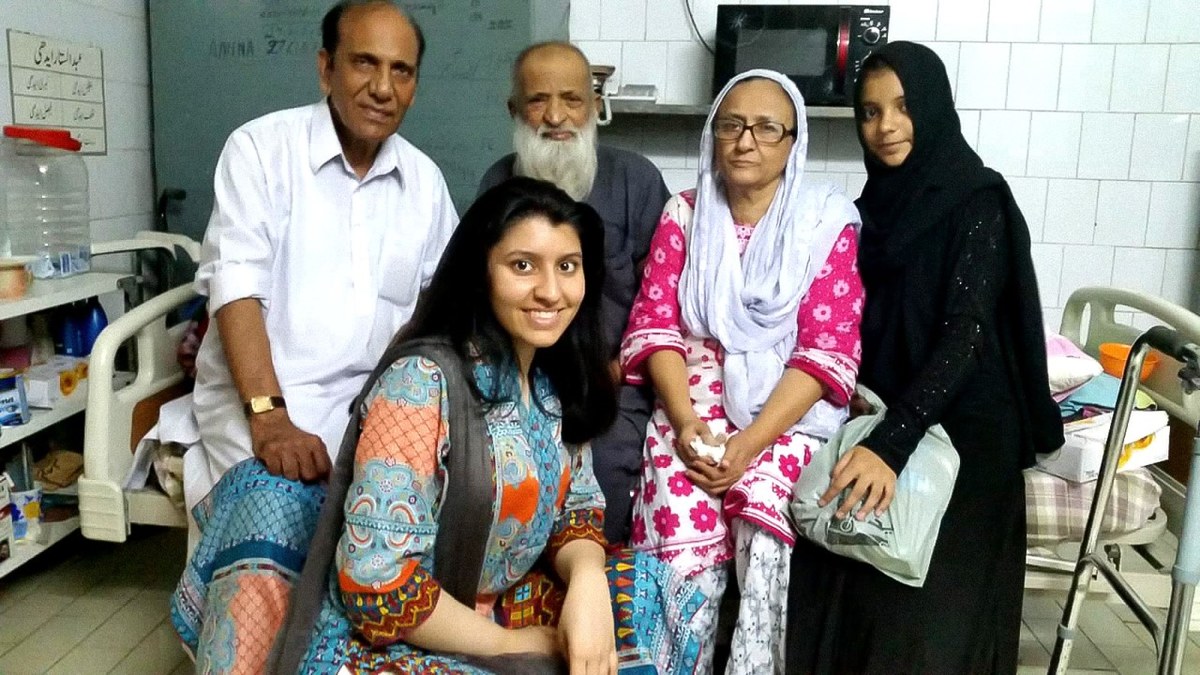
“She wanted us to feel loved, have a home, have a family,” Osman told Arab News.
“I was very lucky to have been given a family but not a lot of children got that opportunity. As a result, she raised these children on her own, made sure they were loved and happy.”
Osman was adopted by a Pakistani family who brought her up in New York, where she gained a bachelor’s degree in computer science, a master’s degree in cybersecurity at Albany Law School, and now works as a privacy analyst.
The children would address Bilquis as their bari ammi (elder mother).
“Bari ammi was humble and kind. She lived a simple life with an extraordinary purpose. She was loving and empathic,” Osman said, describing her as a “powerhouse for humanity.”
“She was selfless when it came to her husband, and fearless when it came to the rights of women and children,” Osman added.
In a recent interview with Arab News, Bilquis recalled how she and her husband had faced opposition.
“We placed cradles and we faced opposition, we were called infidels,” she said, adding that people said her husband would go to hell for raising abandoned children, but “he was not scared of anyone.”
Osman was adopted from an Edhi center when she was very little, but she would meet her bari ammi when Bilquis visited the foundation’s office in New York.
“The Edhi office in NY is very close to where I grew up,” she said.
“We would visit bari ammi when she was in New York, have dinners and talk for hours. I remember watching Pakistani dramas with her and listening to her tell me about her life.”
Osman was named after Bilquis’ own mother, Rabia Bano.
Bari ammi would always tell her to be proud of being an Edhi baby, to be honest and forgiving, “even if your forgiveness was not asked,” she said.
“She always told me to be honest about who I am and where I come from.”
Osman was hopeful that her bari ammi’s mission would continue after her death.
“So long as we continue to support the Edhi Foundation, her legacy will continue. Her foundation, the other centers, the ambulances, the homes, the orphanage, is her legacy,” she said.
“There will be a void created with her death, but our support will keep her legacy alive.”



